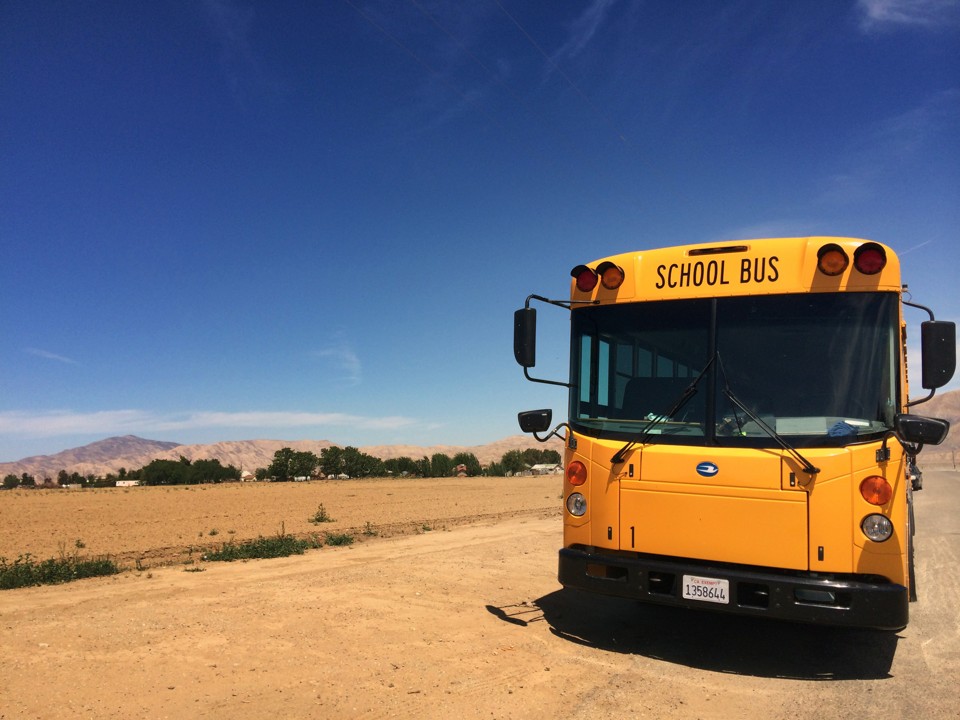Salvaging Education in Rural America
Rural towns struggle with widespread poverty, limited opportunity, and low college-attendance rates. What role do schools play in improving the quality of life?

Alvin C. York Agricultural Institute sits in the heart of Fentress County, Tennessee, high on the Cumberland Plateau within spitting distance of the Kentucky border. The area is a beautiful, bucolic place characterized by rising hills and encroaching forests, tumbling creeks and hard-won farmland. It can also be a pretty bleak place to live.
When teachers, theorists, and pundits analyze America’s educational system, they usually focus on urban centers, but rural school systems make up more than half of the nation’s operating school districts, according to the National Center for Education Statistics. Like many of their urban peers, children there fight to overcome scant funding, generational poverty, rampant malnutrition, and limited job prospects.As the Southern Education Foundation announced last January, a majority of the schoolchildren attending the nation’s public schools now come from low-income families. The implications, for rural, urban, and suburban children alike, are serious. Students who come to school hungry often find it difficult to focus on learning. Students without computers or Internet access may have trouble with their homework. Students who are homeless or need clothing or lack medical care can develop behavioral problems.
Rural students in Fentress County and elsewhere also have limited opportunities to participate in extracurricular activities (another factor that boosts a kid’s chances of graduating from high school and attending college); many of them simply live too far away to stay after school for practice or club meetings. One bus from York drives over an hour-and-a-half and then drops off a handful of kids at a car, which takes them the rest of the way home.
Another reason for their low college-attendance rates is that rural students come from places where higher education traditionally hasn’t been of much use. Previous generations could find good jobs in factories or agriculture, which is part of the reason why in Fentress County only 58 percent of adults have a high-school diploma. Just 8 percent have a bachelor’s degree—by some estimates, Tennessee's York Institute Shows How Education Can Improve the Quality of Life in Rural America - The Atlantic:
